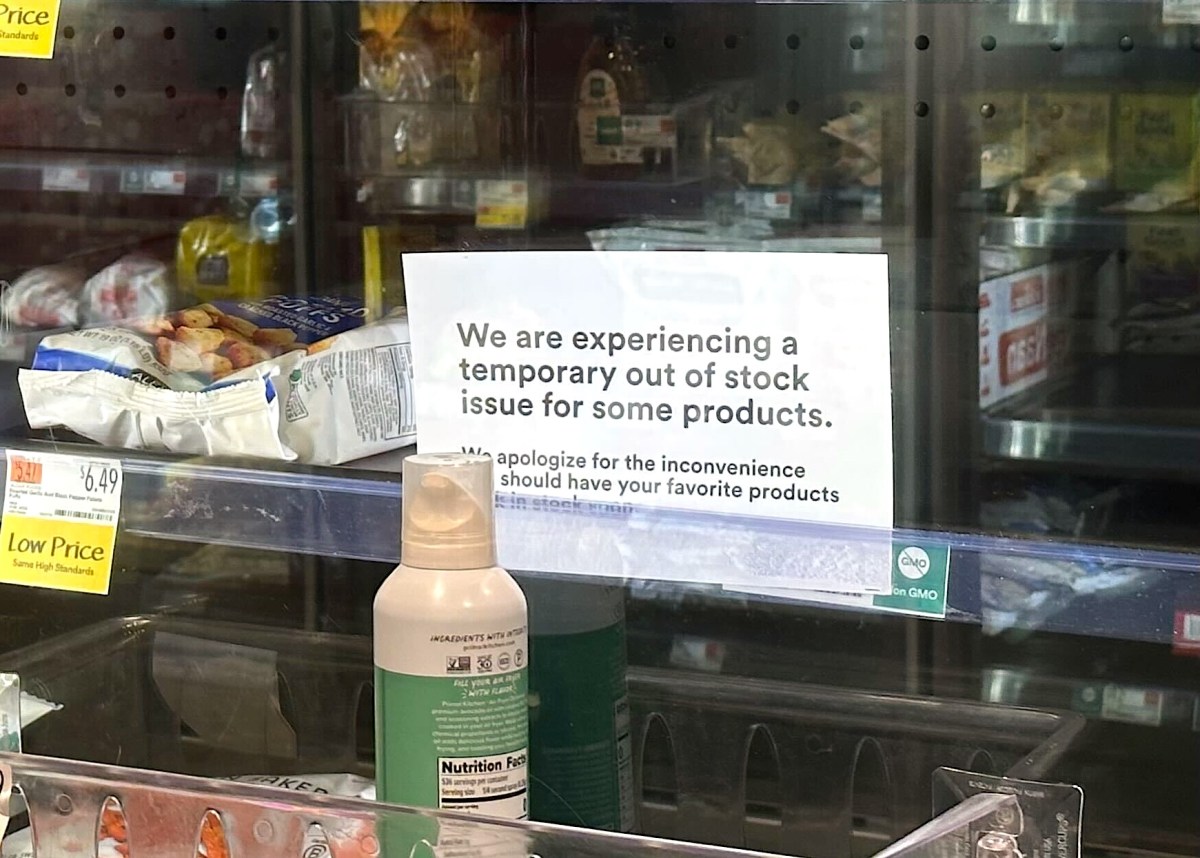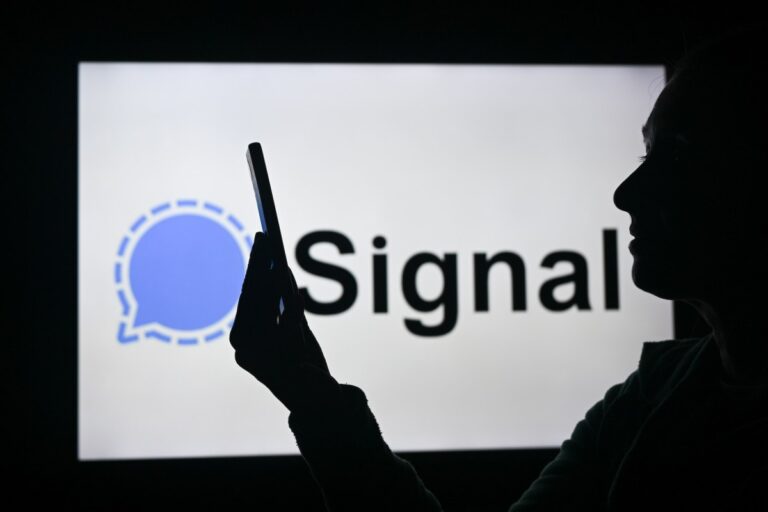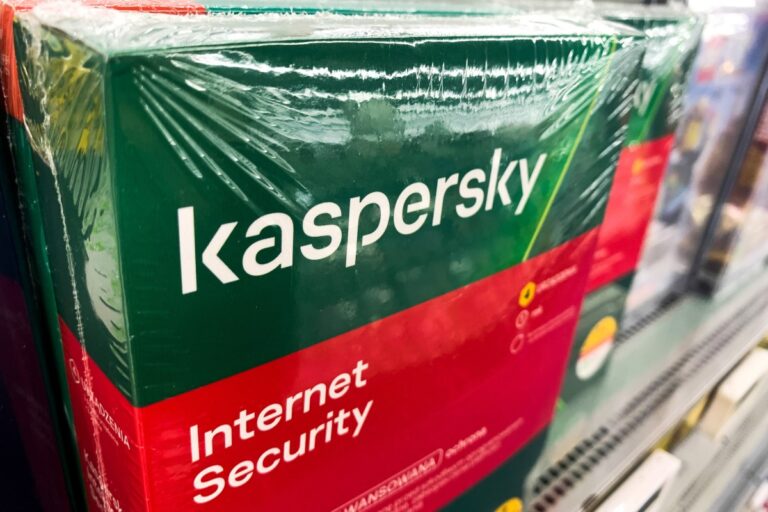
Similar Posts

White House Points Finger at Auto-Suggested iPhone Contacts in Signal Scandal
Atlantic editor-in-chief Jeffrey Goldberg was mistakenly added to a Trump administration group chat discussing military strategies due to a mix-up involving National Security Adviser Mike Waltz’s iPhone. Waltz had Goldberg’s contact saved and, while trying to add Trump spokesperson Brian Hughes to the chat, inadvertently included Goldberg instead. An internal investigation revealed that an auto-suggestion feature on Waltz’s iPhone had saved Goldberg’s number under Hughes’ name. Goldberg humorously acknowledged the situation but opted not to elaborate on his relationship with Waltz. This incident underscores the complexities of modern communication technology in high-stakes political contexts.

Senator Raises Alarm Over National Security Threats Following Elon Musk’s DOGE Access to Sensitive Treasury Systems
Concerns have emerged regarding Elon Musk’s access to a critical U.S. Treasury payments system, which his team, the Department of Government Efficiency (DOGE), was granted by Treasury Secretary Scott Bessent. Senator Ron Wyden highlighted potential national security risks, emphasizing that the system handles sensitive data related to Social Security, Medicare, and government payments. Wyden warned that Musk’s business interests in China could create conflicts of interest and cybersecurity threats. Recent breaches attributed to China underscore the need for strict oversight of such access to protect American citizens’ personal information and ensure the system’s security.

Dating App Raw Leaks Users’ Location Data and Personal Information: What You Need to Know
A security breach at the dating app Raw has raised concerns about user privacy, exposing sensitive information such as display names, birth dates, sexual preferences, and precise location data. Launched in 2023 and boasting over 500,000 downloads, Raw aims to create authentic connections. Despite claims of end-to-end encryption, investigations revealed data leaks due to a vulnerability known as insecure direct object reference (IDOR). Co-founder Marina Anderson stated the issue was promptly addressed, but no third-party security audit has been conducted. The incident underscores the importance of robust data protection measures in dating applications.

PowerSchool Pays Ransom to Hacker: Schools Now Face Ongoing Extortion Threat
PowerSchool, a prominent education software provider, is grappling with new extortion threats following a significant data breach that occurred in December 2024. Hackers accessed sensitive information, including personal and health data of students and teachers, impacting over 60 million users across North America. Recently, the Toronto District School Board received ransom demands linked to this breach, with additional reports from school districts in North Carolina. Despite paying a ransom to delete the stolen data, PowerSchool confirmed that extortion attempts are based on previously compromised information. This incident underscores the urgent need for improved cybersecurity in educational institutions.

Spanish Spyware Startup Mollitiam Industries Ceases Operations: What It Means for the Cybersecurity Landscape
Mollitiam Industries, a lesser-known Spanish spyware manufacturer, has shut down due to financial struggles, filing for bankruptcy on January 23, 2023. Based in Toledo, the company remained obscure compared to larger firms like Hacking Team and NSO Group. Mollitiam gained attention in 2021 after a brochure outlining its spyware products, capable of unauthorized data access and surveillance, was leaked. Notably linked to a scandal involving the Colombian military’s harassment of journalists, Mollitiam’s operations attracted scrutiny from organizations like Amnesty International. The company’s closure reflects the evolving challenges within the clandestine spyware industry.

Australia Prohibits Kaspersky Software for Government Use Over Major Security Threat Concerns
Australia has banned government officials from using software by Russian firm Kaspersky, citing national security risks such as foreign interference and espionage. The Department of Home Affairs has mandated that all government agencies remove Kaspersky products by April 1. Secretary Stephanie Foster emphasized that Kaspersky software poses unacceptable risks to government networks. This ban aligns Australia with other nations, including the U.S., U.K., and Canada, which have also restricted Kaspersky due to similar concerns. Kaspersky expressed disappointment over the decision, claiming it lacked prior engagement or warning. The company is also downsizing operations in the U.K. and exiting the U.S. market.
